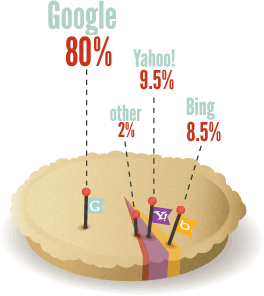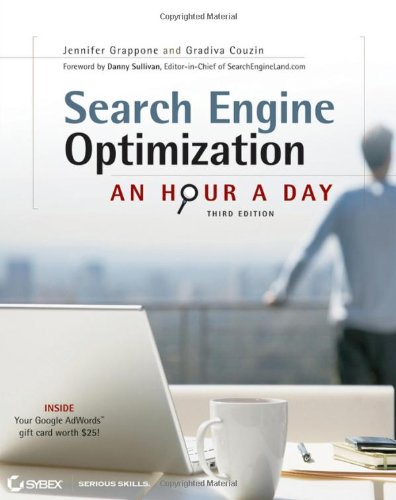We are discussing everything in Web context so in web terminology a keyword is a term that a person enters into a search engine to find specific information. Most people enter search phrases that consists of between two and five words. Such phrases may be called search phrases, keyword phrases, query phrases, or just keywords. Good keyword phrases are specific and descriptive.
There are following concepts related to Keywords which helps in optimizing keywords on a web page.
Keyword Frequency:
This is calculated as how often does a keyword appear in a site's title or description. You don't want to go overboard with frequency, however, since on some engines if you repeat a word too many times, you'll be penalized for "spamming" or keyword stuffing.
In general though, repeat your keyword in the document as many times as you can get away with, and up to 3-7 times in your META tags.
Keyword Weight:
This refers to the number of keywords appearing on your Web page compared to the total number of words appearing on that same page. Some search engines consider this when determining the rank of your Web site for a particular keyword search.
One technique that often works well is to create some smaller pages, generally just a paragraph long, which emphasize a particular keyword. By keeping the overall number of words to a minimum, you will increase the "weight" of the keyword you are emphasizing.
Keyword Proximity:
This refers to the placement of keywords on a Web page in relation to each other or, in some cases, in relation to other words with a similar meaning as the queried keyword.
For search engines that grade a keyword match by keyword proximity, the connected phrase .home loans. will outrank a citation that mentions .home mortgage loans. assuming that you are searching only for the phrase "home loans".
Keyword Prominence:
A measure of how early or high up on a page the keywords are found. Having keywords in the first heading and in the first paragraph (first 20 words or so) on a page are best.
Keyword Placement:
WHERE your keywords are placed on a page is very important. For example, in most engines, placing the keywords in the Title of the page or in the Heading tags will give it more relevancy. On some engines, placing keywords in the link text, the part that is underlined on the screen in a browser, can add more relevancy to those words.
Best Places to Put Keywords:
Here is a list of places where you should try to use your main keywords.
Keywords in the <title> tag(s).
Keywords in the <meta name="description">
Keywords in the <meta name="keyword">
Keywords in <h1> or other headline tags.
Keywords in the <a href="http://yourcompany.com">keywords</a> link tags.
Keywords in the body copy.
Keywords in alt tags.
Keywords in <!-- insert comments here> comments tags.
Keywords contained in the URL or site address, e.g., http://www.keyword.com/keywordkeyword.htm.
Finding Keywords:
There are many different ways to find keywords for your website. Some good keyword ideas are:
Words people would search for to find your product or service.
Problems your prospective customers may be trying to solve with your product or service.
Keyword tags on competitors websites.
Visible page copy on competitors websites.
Related search suggestions on top search engines.
-
By analyzing your website carefully and finding out proper keywords. This task can be done by expert SEO Copywriters.
Pay attention to stemming for your keywords - Particularly to what the root word is and what Google considers to be a match for that word when optimizing pages over time.
You can do brainstorming to identify correct keywords for your site.
What is Word Stemming?
Google uses word stemming. Word stemming allows all forms of the word - singular, plural, verb form as well as similar words to be returned for a given search query.
So if someone types in "house plans", not only will pages that are optimized for that phrase be returned, but so will pages that contain all variations of that phrase, for example: "house plan", "house planning", "house planer".
Hope you have some understanding on keywords and how to identify them and where to use them. Next chapter will explain you how to optimize Metatags for better results.

















